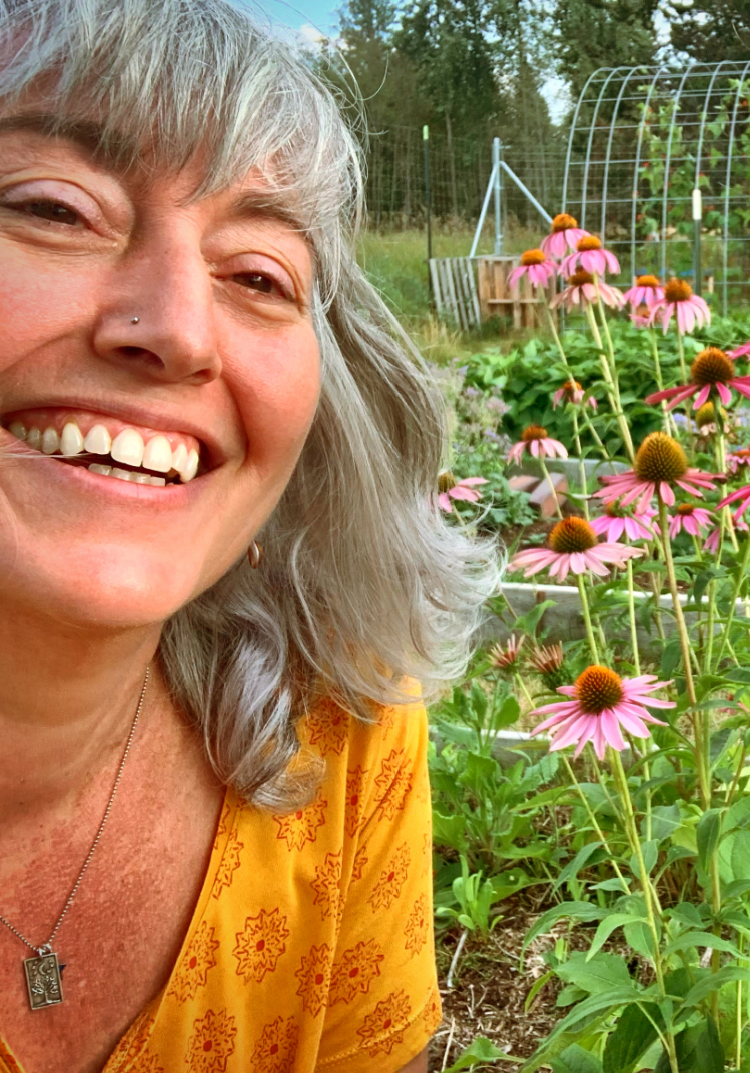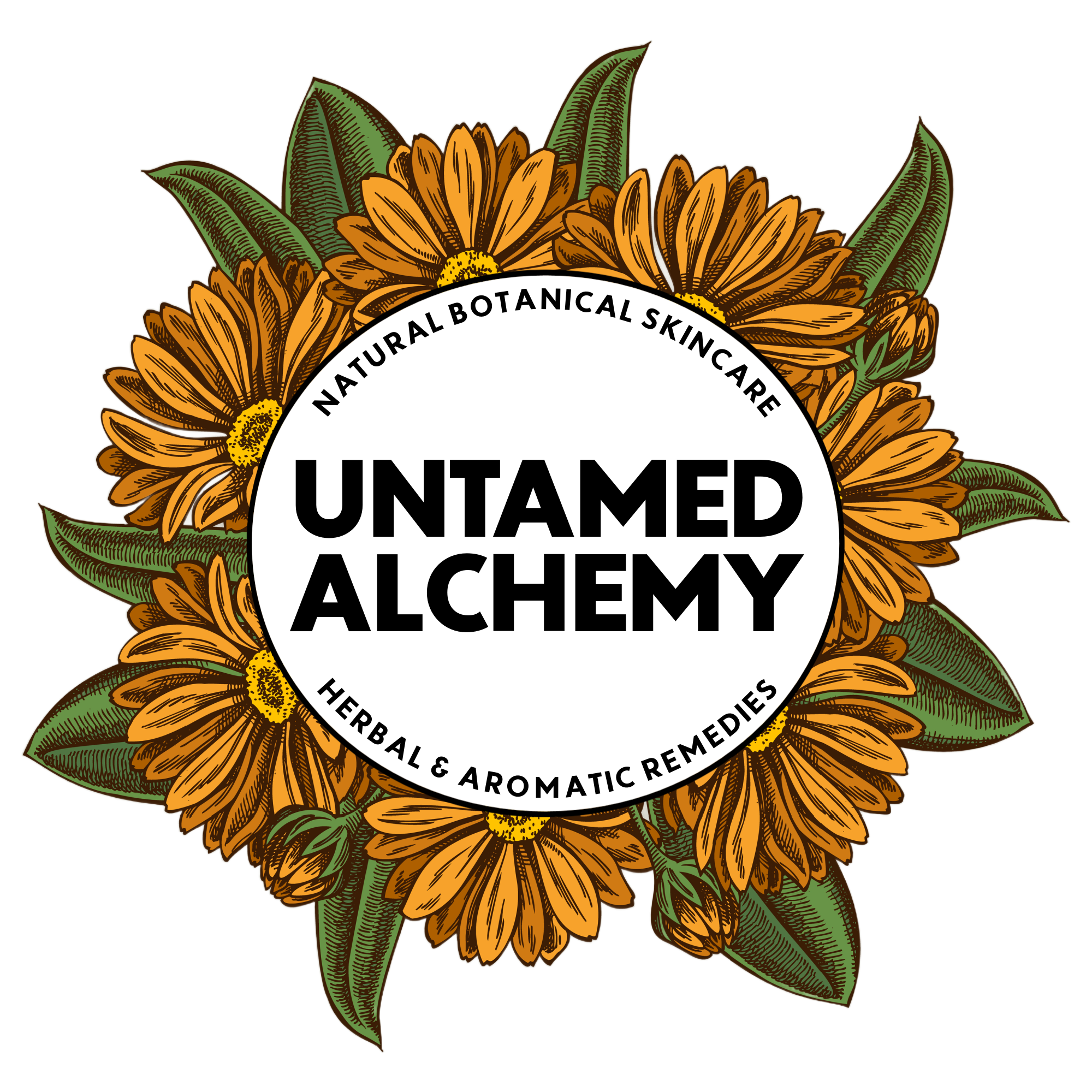TL;DR Rosewood is a cherished essential oil under real threat from greedy traders and illegal poachers. Dr. Kelly Ablard is doing important, non-profit conservation work with indigenous people in Peru to help secure the future of Rosewood trees and the communities in their native habitat. Her trip to Peru for Phase 3 of her work begins soon and her crowdfunding campaign ends TODAY. Please show Kelly and the impacted plants and people some love by supporting her GoFundMe campaign.
If you’ve followed this blog for some time or heard me speak at conferences in conjunction with Uncommon Scents, it won’t surprise you to know that my engagement with aromatics is heavily informed by my love of nature and my commitment to stewardship and sustainability.
My use of essential oils reflects my sensitivity to their precious nature and their powerful concentration. Across the board, I believe less is more. In the case of some essential oils, my conscience tells me that maybe none is the right amount.
That’s the case with Rosewood (Aniba rosaeodora). Prized for its use in everything from furniture and string instruments to aromatherapy and premium perfumes, this extraordinary tree now finds itself formally under the protection of the Convention on International Trade in Endangered Species (CITES); in 2010, it was listed in CITES Appendix II meaning though not immediately threatened with extinction, lack of regulation of trade in the species could quickly and irreversibly compromise its future.
Appendix II designation requires that companies exporting Rosewood provide an export permit from the material’s country of origin so that regulatory bodies can ensure that companies have legally acquired the materials in question and that their trade will “not be detrimental to the survival of the species.”

In Peru, the impact of increasing market value and demand for native woods and concerns around resulting corruption, exploitation, illegal trafficking, and even violence has caused Peru to enact their own protections extending beyond CITES. But corruption within the system means that few transgressors are pursued, much less prosecuted. As a result, it can be particularly challenging to ensure the sustainable sourcing of Rosewood from Peru. To complicate matters, Rosewood is one of the more often adulterated essential oils. For a variety of reasons, aromatherapy engagement with Rosewood can be problematic.
I made a commitment to protect Rosewood and put its essential oil in a very special place in my own practice: I no longer include it as an option when designing new blends and I don’t use it for myself, friends, or family save in the context of a very specific, special, and sparing blend for spiritual healing.
In deference to its precarious situation, Rosewood is an oil I reverently smell from the bottle—a bottle that may be the last I ever own.
And I’m not alone. I’ve spoken with MANY aromatherapy practitioners who have changed their relationship with Rosewood as a result of the threat surrounding the essential oil’s sustainability. Thanks to the efforts of conservationists and educators like Dr. Kelly Ablard, Ph.D., and presentations at conferences and seminars, more and more aromatic and herbal community members have a growing appreciation of Rosewood’s circumstances.
I first learned of Dr. Ablard’s work in conjunction with Uncommon Scents, the aromatherapy documentary (now in post-production—whoot!). Our crew was fortunate to get some time with Kelly on- and off-camera at the 2017 Alliance of International Aromatherapists’ conference in New Jersey. We were impressed by her mission to conserve, research, educate, and empower—and by her expressed emphasis on offering agency to indigenous people in Peru impacted by the market dynamics and illegal trade of Rosewood.
Thanks to her cultivation of trust, her focus on plants and people (not profits), and her considerable education and experience, Dr. Ablard offers us a truly unique perspective. In seeking to secure CITES permits for indigenous people for their community’s benefit, her work is at once grassroots and revolutionary.
Intrigued by what might come next in her ongoing work, we’ve remained in touch with Dr. Ablard since 2017 and enjoyed sharing in her excitement as she prepares to embark on Phase 3 of her work in Peru.
Ironically, at about the same time as the conference, one of the largest essential oil sellers in the U.S. admitted to illegally sourcing and selling two essential oils derived from plants listed as endangered species and protected in trade by Lacey Act including Rosewood from Peru. In their statement in advance of their guilty plea to the U.S. Department of Justice, the company outlined how between 2010 and 2014 employees and contractors illegally sourced and willfully mislabeled essential oil of Rosewood in violation of Peruvian law, CITES regulation, and the Lacey Act to make Rosewood essential oil available to their consumers.
Though some consumers credit the company with alerting authorities to their own transgression and making associated reparations through their plea agreement, the context of the company’s conduct and the impact of their actions can not be understated. The company’s actions resulted in the trade of 86 tons of illegally sourced Rosewood.

The fact is, even if no one at the company in question was aware of the legal constraints surrounding the harvest and export of Rosewood, they should have been. Knowledge of the restrictions and laws governing trade and import/export in one’s industry should be pay-to-play–and ignorance of the law is no protection from the law in any case.
The bigger, broader issue may be that for-profit entities are invested in trade for profit purposes. Where for-profit company’s local humanitarian efforts surface to support source communities by “giving back,” that giving is inevitably balanced by what the for-profit company gets, which may be considerable.
The company that plead guilty to Lacey Act infractions in the case of Rosewood is but one example among many as to how growing demand, increased regulation, and deepening sustainability concerns around the world are impacting the plants, peoples, and places on which some essential oils depend. As large companies drive change at local levels in remote areas around the globe where precious source aromatics grow, indigenous communities—often the “poorest and most disenfranchised segment of the country’s population”—may find themselves in dire need of an ambassador.

Dr. Ablard is just such an ambassador, driving change by working with and for the key stakeholders in relationship to Rosewood.
The next phase of Dr. Ablard’s work is about to begin in Peru. She’ll shortly be traveling to further her conservation, education, research, and humanitarian objectives.
Her associated GoFundMe campaign—only $2,000 short of its goal—ends today.
Please, if you love essential oils, if you have a heart for Rosewood, or if you merely want to be a part of something good, support Dr. Ablard’s GoFundMe campaign.
In love and gratitude—bless and blessed be!
The Untamed Alchemist
Further Exploration:






